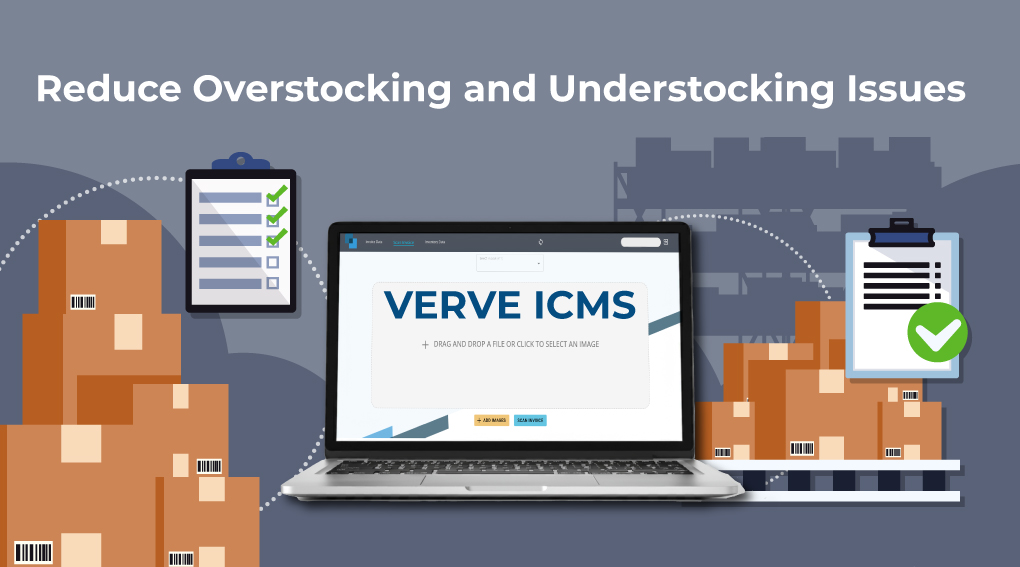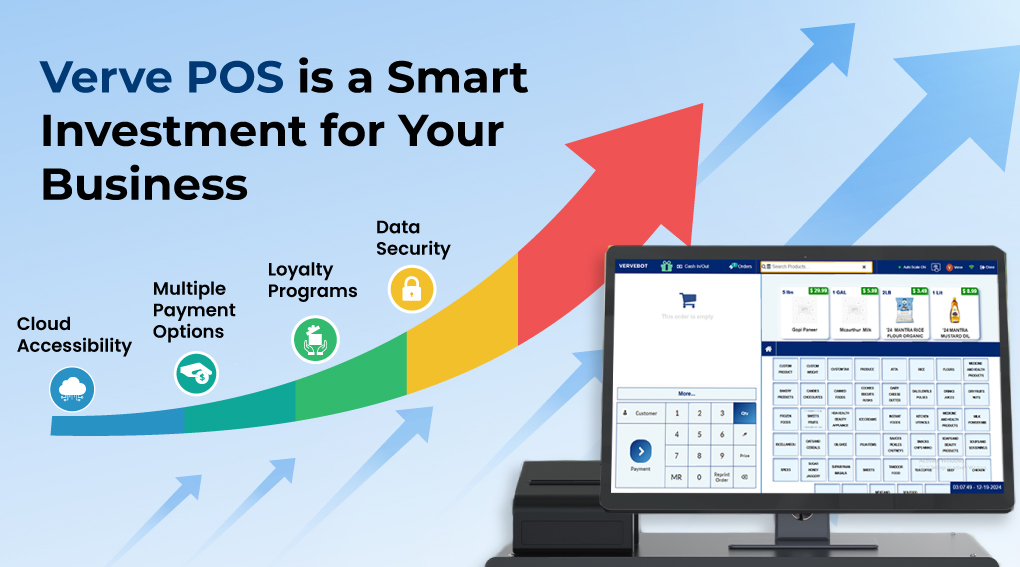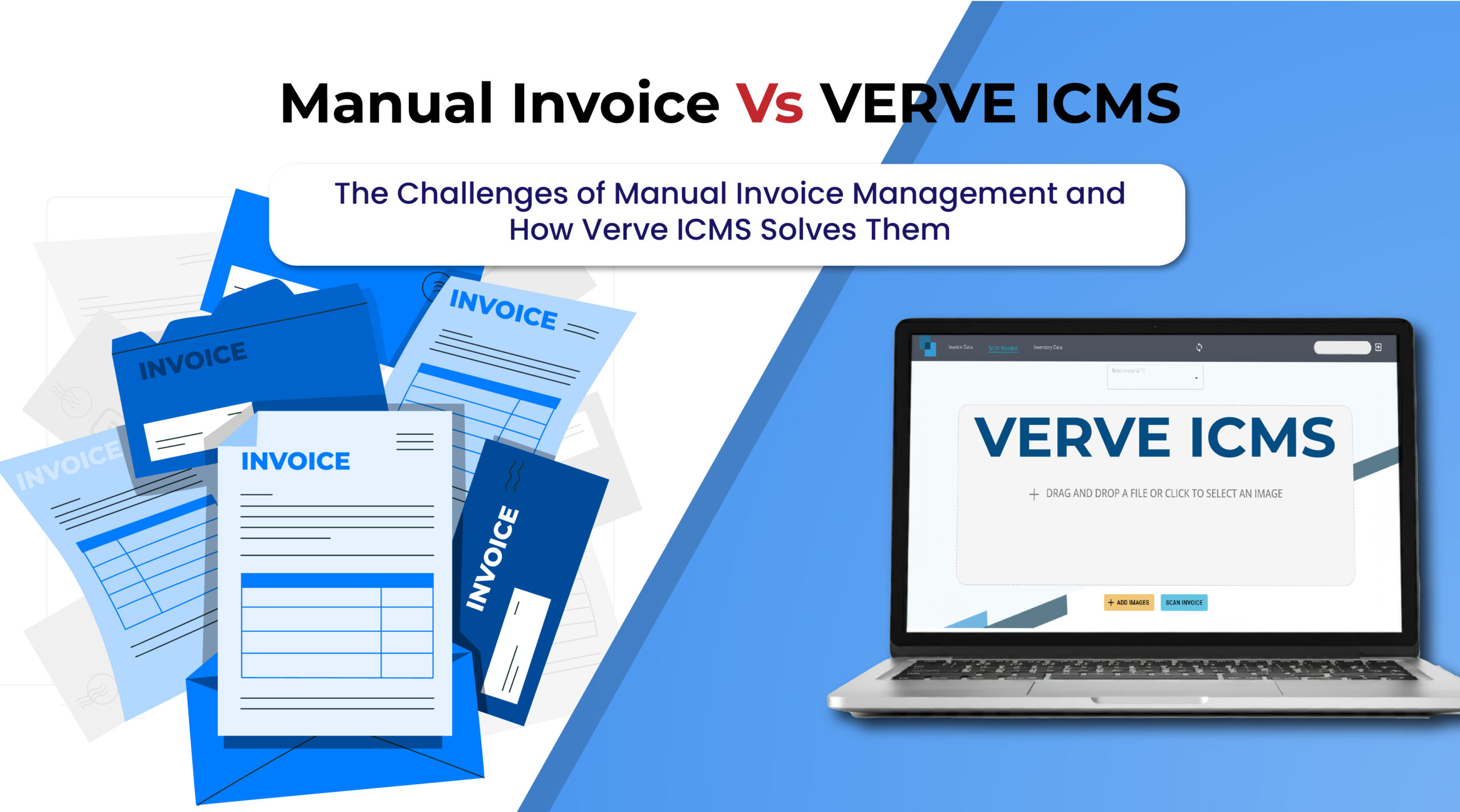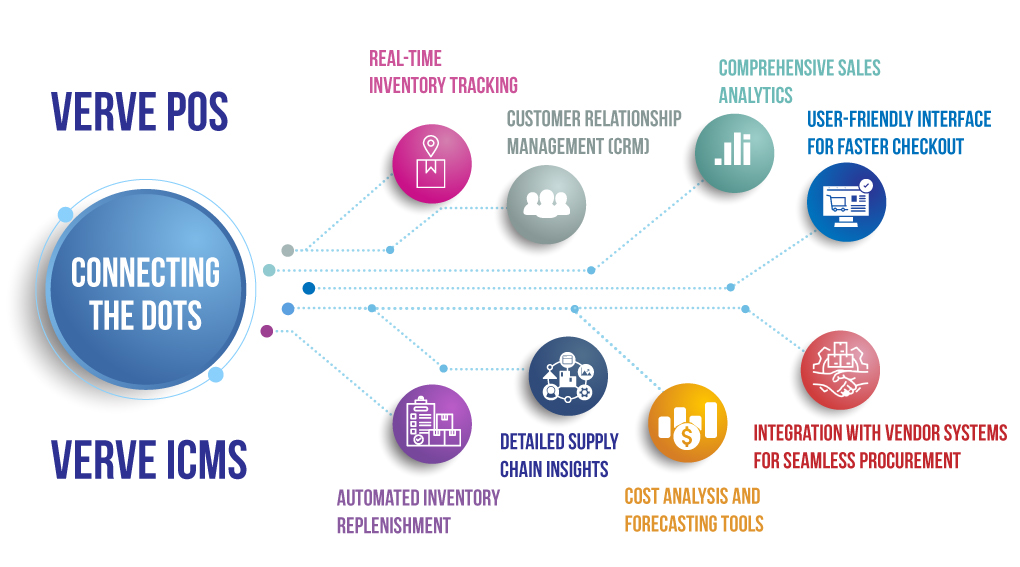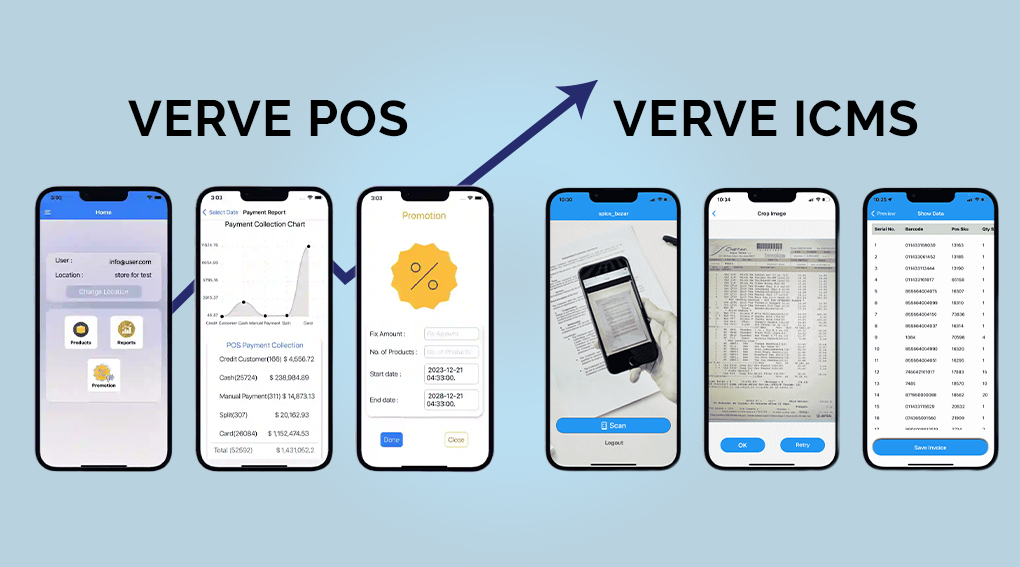Every online business today knows the importance of SEO. It’s not just about one type—it’s a complex puzzle with multiple pieces. There’s on-page SEO, off-page SEO, technical SEO, and local SEO, each playing a crucial role in your website’s visibility and ranking on search engines.
Navigating all these aspects can seem daunting at first, but covering all these bases is essential to achieving the top ranking in search engine results.
Don’t worry if you’re overwhelmed—we are here to help guide you.
We’ve compiled the ultimate SEO checklist as a comprehensive resource for website owners. It’s designed to optimize your traffic and address all the critical facets of SEO necessary for achieving high rankings in search engines.
Key Takeaways
- SEO encompasses various crucial aspects such as on-page, off-page, local, and technical strategies. Success in climbing search engine rankings requires attention to all these areas.
- Adopting a timeless SEO strategy involves leveraging proven techniques, such as thorough keyword research and effective optimization. These methods consistently deliver results irrespective of industry trends or algorithm changes.
- Since 88% of users use mobile shopping apps, optimizing your website for mobile devices is indispensable for connecting with today’s consumers.
- Local SEO can be boosted through initiatives such as setting up a Google Business Profile, listing in offline directories, and ensuring consistent business details across all web pages. These steps significantly enhance local visibility and customer engagement.
Your SEO Checklist to Kickstart Your Website Optimization Journey
As mentioned earlier, SEO fundamentals remain steadfast amid evolving trends. While mastering these tactics can seem daunting, developing a clear strategy is critical to success. Let’s dive into the essential steps to optimize your site and enhance your search engine rankings.
Set Up Google Search Console and Bing Webmaster Tools
Begin by leveraging Google Search Console to monitor performance metrics, identify traffic-driving keywords, and ensure your site’s visibility in search results. Don’t overlook Bing Webmaster Tools, which are equally valuable for optimizing your site on Bing and resolving any indexing issues.
- Monitor keyword performance and site indexing.
- Utilize analytics to enhance visibility and fix errors.
- Improve website listing and SEO health on both platforms.
Set Up Google Analytics
Google Analytics 4 (GA4) provides powerful insights into traffic patterns, user behavior, and conversion rates across various platforms. It’s indispensable for tracking your SEO progress and refining your digital marketing strategy.
- Sign up for Google Analytics 4 and add your property.
- Utilize the GA4 Setup Assistant or Google Tag Manager for seamless integration.
- Monitor conversions and user engagement for informed decision-making.
Install an SEO Plugin If You’re On WordPress
WordPress users can streamline SEO efforts with plugins like Yoast or SEO Press, simplifying meta tag optimization and content management tasks. Choose a plugin that aligns with your SEO goals and enhances your site’s visibility.
- Optimize meta tags, sitemaps, and content structure.
- Ensure plugins are updated regularly for efficiency and security.
- Explore alternative plugins like The SEO Framework or Rank Math for additional features.
Create and Submit Your Sitemap
Generating an XML sitemap facilitates search engine crawlers’ navigation, ensuring efficient indexing of your web pages. Submitting the sitemap to Google Search Console and Bing Webmaster Tools enhances visibility and supports SEO efforts.
- Use tools like XML Sitemaps to create a comprehensive sitemap.
- Regularly update and submit sitemaps to search engines for indexing.
- Improve site navigation and user experience with a well-structured sitemap.
Create a Robots.txt File
Implementing a robots.txt file guides search engine bots on which pages to crawl and index, optimizing site performance and enhancing SEO outcomes. Customize your robots.txt to prioritize essential content and block irrelevant pages.
- Define crawling directives for search engines using robots.txt.
- Prevent indexing of duplicate or low-quality content.
- Regularly update and refine directives to align with SEO strategies.
Ensure Your Site Is Indexable
Guaranteeing crawlability and indexability is fundamental to SEO success. Use tools like Google’s URL Inspection Tool to verify accessibility and optimize titles, descriptions, and internal linking for enhanced search engine rankings.
- Check site accessibility and resolve crawlability issues.
- Optimize title tags and meta descriptions for improved visibility.
- Establish a logical internal linking structure for better navigation and SEO.
By systematically implementing these SEO best practices, you’ll lay a solid foundation for improving your site’s visibility and attracting organic traffic. Stay proactive in monitoring performance metrics and adapting your strategy to align with SEO trends and algorithm updates.








